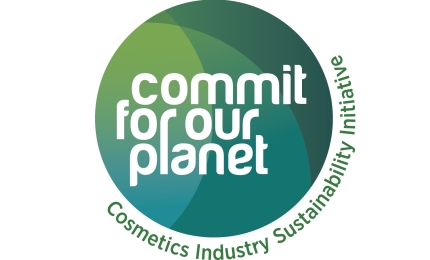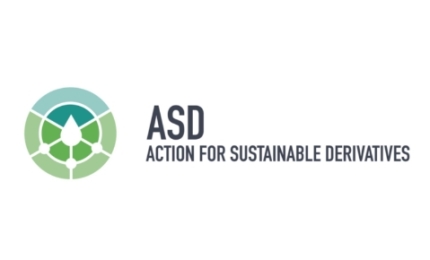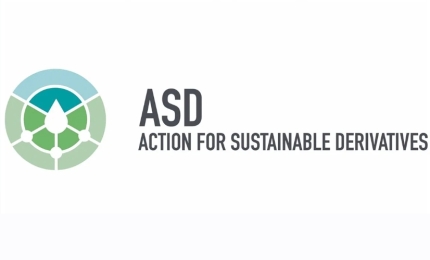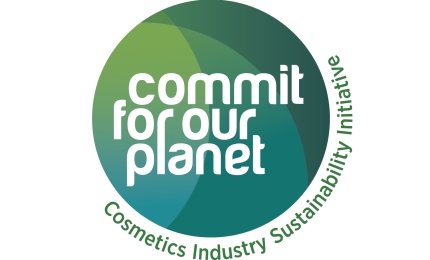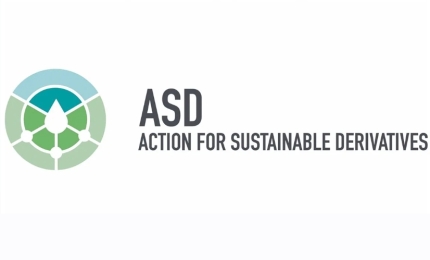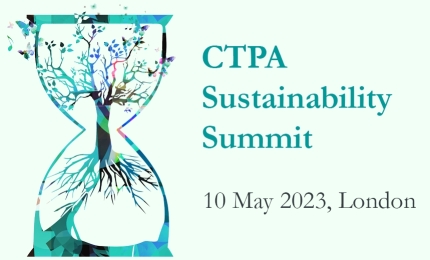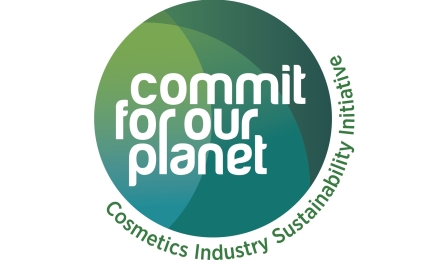Find us on...
CTPA would like to remind members that COP27 is running from 6-18 November 2022 in Sharm El-Sheikh, Egypt.
COP stands for Conference of the Parties and it is the decision-making body of the United Nations Framework Convention on Climate Change (UNFCCC).
At COP26 in Glasgow last year, the Nationally Determined Contributions (NDCs) that were submitted fell short of what was required to get on track to limiting global warming to less than 2°C, whilst also aiming to limit it to 1.5°C. As a result, it was agreed that NDCs would be revisited at COP27 in 2022.
Each COP sets out clear goals for the event; the goals for COP27 are:
- Mitigation – “We must unite to limit global warming to well below 2c and work hard to keep the 1.5 c target alive. This requires bold and immediate actions and raising ambition from all parties in particular those who are in a position to do so and those who can and do lead by example. COP27 will be a moment for countries to fulfill their pledges and commitments towards delivering the objectives of the Paris Agreement to enhance the implementation of the Convention. This year should witness the implementation of the Glasgow pact call to review ambition in NDCs, and create a work program for ambition on mitigation.”
- Adaptation – “Extreme weather events from heatwaves, floods, forest fires have become an everyday reality of our lives. World leaders, governments and state parties to the convention have reiterated their commitment at COP26 for enhanced global action on Adaptation in the COP26. The Global Goal on Adaptation was one of the significant outcomes of COP26. We must ensure that COP27 makes the crucially needed progress and urge all parties to demonstrate the necessary political will if we are to capture and assess our progress towards enhancing resilience and assist the most vulnerable communities. Beyond the global goal on Adaptation, COP27 should witness enhanced global agenda for action on adaptation, confirming what we agreed on in Paris and further elaborated in Glasgow pact with regard to placing adaptation at the forefront of global action.”
- Finance – “In COP27 it is essential that we make significant progress on the crucial issue of climate finance while moving forward on all finance related items on the agenda. The importance of adequacy and predictability of climate finance is key to achieving the goals of the Paris Agreement, to this end there is a need for enhanced transparency of finance flows and facilitated access to meet the needs of developing countries specially Africa, LDCs, and SIDS. Existing commitments and pledges, announced from Copenhagen and Cancun, through Paris and all the way to Glasgow, require follow up in order to provide clarity as to where we are and what more needs to be done. Progress on delivery of the annual USD 100 billion will build more trust between developed and developing countries, showing that actual commitments are being fulfilled.”
- Collaboration – “Enhancing and facilitating agreement in the negotiations is of the utmost importance for the Presidency of COP27 to achieve tangible results in a balanced manner. The advancement of partnership and collaboration will help deliver our four goals and ensure the world is adopting more a resilient, and sustainable economic model where humans are at the centre of climate talks. The UN negotiations are consensus-based and reaching agreement will require inclusive and active participation from all stakeholders. We are working tirelessly to ensure adequate representation and participation from all relevant stakeholder in COP27, especially vulnerable communities and representatives from countries in the African region who are increasingly affected by the impacts of climate change. We need to turn the Glasgow outcome into action and commence with its implementation. Ensuring humans are at the centre of climate talks is imperative. Governments, the private sector, and civil society need to work, in tandem, to transform the way in which we interact with our planet. We must introduce new solutions and innovations that help alleviate the adverse impacts of climate change. We also need to replicate and rapidly upscale all other climate-friendly solutions towards implementation in developing countries.”


